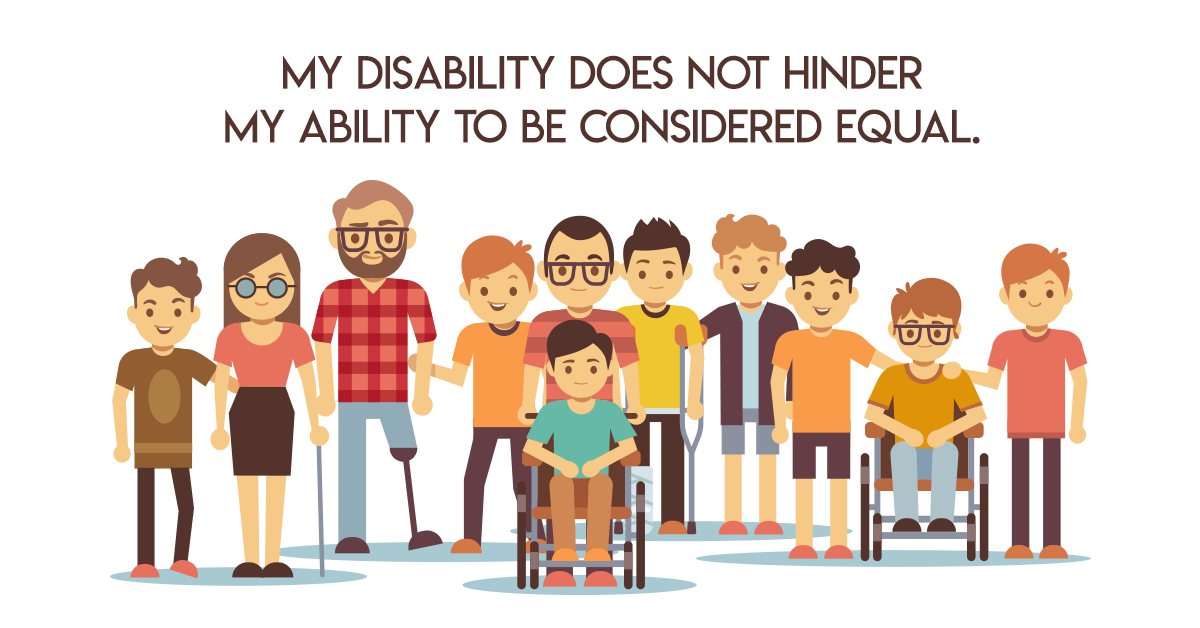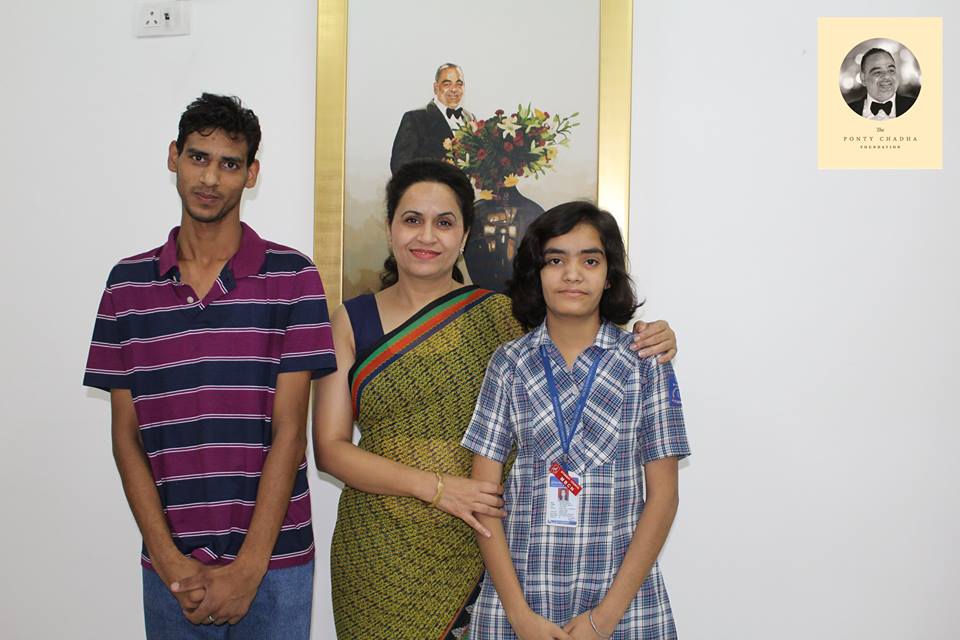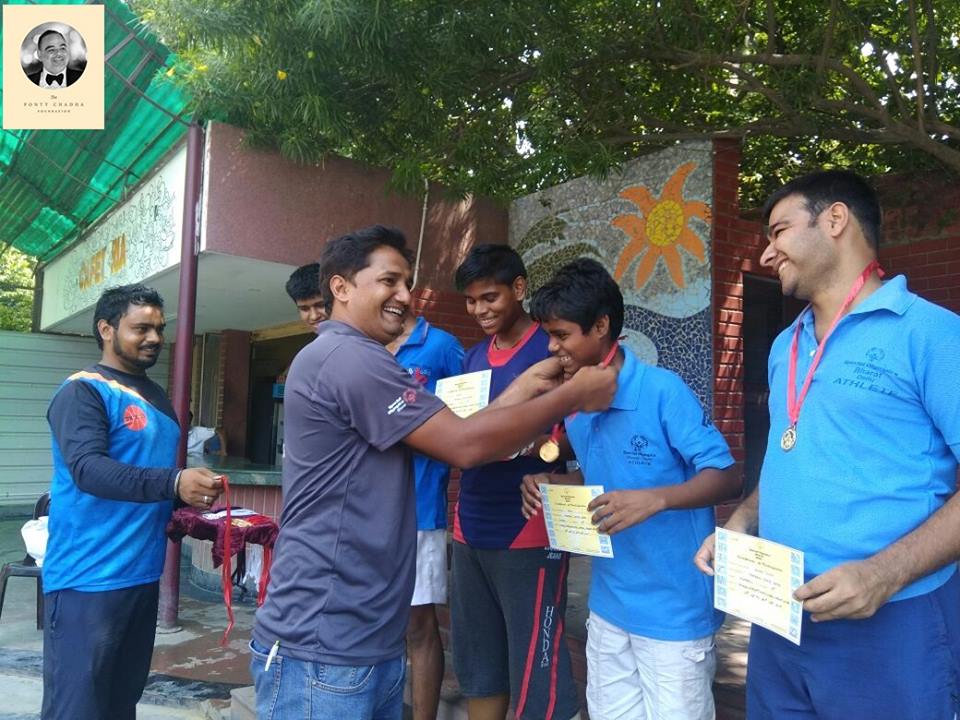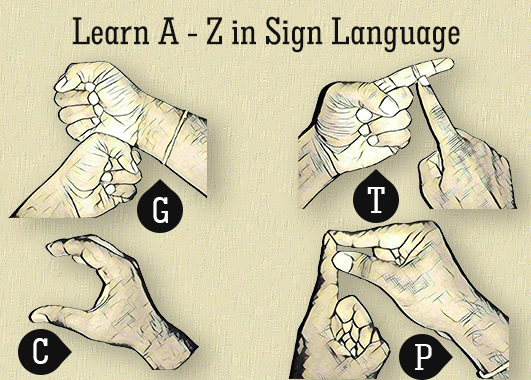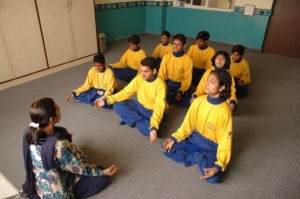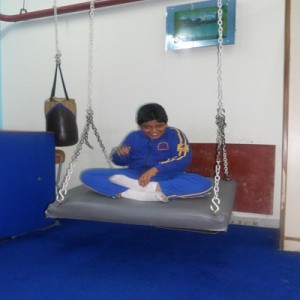7 Things You Should Stop Saying and Doing to Disabled People
“You are so brave!” “I feel sorry for you.” “It must be really tough for you.”
These are just a few of the many patronising things the specially abled are told repeatedly in their everyday lives. Statements like these stem from the widely held perception that if you’re differently abled, you must need someone’s help to perform your daily tasks.
Here are the seven things you should never say or do to people who are specially abled:
1. Don’t call them ‘brave’.
There is a common perception in this world that persons with disabilities have to be brave to survive their ordeal. In the minds of those who believe so, disability is ugly and unattractive. As a result, these people marvel at the differently abled for the wrong reasons, calling them “brave” or “inspiring” – just because they went out shopping on their own.
2. Don’t belittle them with your words.
Some people talk to the specially abled as if they’re children. For instance, when you spot a person with hearing aids, don’t immediately revert to speaking slowly, or worse, like a baby. The struggle is with their hearing, not their comprehension. If need be, they will ask you to speak louder of their accord.
3. Don’t assume that all disabled people look the same.
The society tends to paint people who have things in common with the same brush. This is a problematic mindset. A visually impaired person is not just a cane wielder; a paraplegic is more than just a person on wheels. They don’t all look the same – just as able-bodied people don’t.
4. Don’t ask if there’s something wrong with them.
You wouldn’t ask a stranger their medical history, would you? Why should you then be any different when it comes to the differently abled? It’s an intrusive and unnecessary question; you only need to know what their needs are, not why they have those needs. Besides, if they want you to know, they’ll tell you.
5. Don’t assume that they need your help.
The one thing people should stop doing immediately is assuming that people with special needs are forever in need of their assistance. Be it helping someone alight the metro or serving them food that’s already cut up, such actions are grossly patronising, and can further isolate the afflicted.
6. Don’t give any unsolicited advice.
With a skewed view of things, it is easy to compartmentalise people in a box and offer solutions that are tainted by your perspective. Think twice before dishing out misplaced advice about their health. After all, intentions don’t matter, actions do.
7. Do not define them by their disability.
Perspectives that stem from a lack of understanding or empathy are at best avoidable. When disabilities don’t define the motivations, ambitions and identity of the specially abled amongst us, why should anyone else have this preconception?



